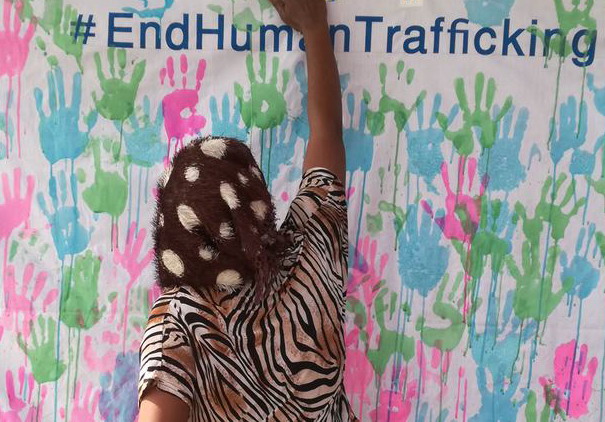SA lags in preventing human trafficking – US State Department – defenceWeb

South Africa, according to a United States (US) Department of State report, does not fully meet minimum standards to eliminate human trafficking but makes “significant efforts” to do so.
The plus side of the equation includes convicting and sentencing people found guilty of trafficking to substantial jail sentences. These include government officials complicit in trafficking.
On the negative side the report notes President Cyril Ramaphosa's government “did not demonstrate increasing overall efforts compared with the previous reporting period” when the impact of the COVID-19 pandemic on anti-trafficking capacity was taken into account.
Another negative in the 2022 Trafficking in Persons Report for South Africa is “agencies responsible for identifying, referring and certifying trafficking victims lacked co-ordination” leaving victims unable to access emergency services. Law enforcement “continued to lack the necessary training” to avoid and prevent what the report terms “victim re-traumatisation”.
For the ninth year in a row South Africa did not promulgate implementing regulations for the 2013 Prevention and Combating of Trafficking in Persons (PACOTIP) Act's immigration provisions, resulting in foreign victims not able to access immigration remedies.
“South Africa remained on the Tier 2 Watch List for the second consecutive year,” the report states.
On actual cases, the report has it the Directorate for Priority Crime Investigation (DPCI better known as the Hawks), a division of SAPS (SA Police Service), initiated 18 trafficking case investigations involving 27 suspects and continued 73 case investigations from previous reporting periods.
“This compared with initiating 31 case investigations in the previous reporting period. The National Prosecuting Authority (NPA) initiated nine prosecutions of 16 suspects and continued 32 prosecutions of 108 suspects from prior reporting periods, compared with 31 suspects prosecuted for trafficking crimes in an unknown number of cases and continuing 14 prosecutions during the previous reporting period.
“Eleven traffickers—including two complicit officials—in 10 cases under trafficking charges were convicted, compared to seven traffickers convicted the previous year. Judges sentenced five traffickers to life imprisonment, one trafficker to 20 years' imprisonment and five awaited sentencing at the end of the reporting period. In the previous year, judges sentenced two traffickers to life imprisonment and five traffickers to between 22 and 25 years' imprisonment. Government reported 13 trafficking prosecutions withdrawn, acquitted or declined to prosecute and one not guilty verdict that was appealed.
“Government prosecuted and convicted two high ranking government officials for child sex trafficking, including a police superintendent and a former chair of a PTT [provincial task team]. Government investigated two police officers for complicity in human trafficking; the case remained ongoing at the end of the reporting period.”
The report cites insufficient training and resources as problem areas, adding victim testimony is “heavily relied on” for prosecution.
“Human traffickers,” according to the report, “exploit domestic and foreign victims in South Africa and traffickers exploit victims from South Africa abroad”.
 ABOUT PBJ LEARNING
ABOUT PBJ LEARNING
PBJ Learning is a leading provider of online human trafficking training, focusing on awareness and prevention education. Their interactive Human Trafficking Essentials online course is used worldwide to educate professionals and individuals how to recognize human trafficking and how to respond to potential victims. Learn on any web browser (even your mobile phone) at any time.
More stories like this can be found in your PBJ Learning Knowledge Vault.
This “Eyes on Trafficking” story is reprinted from its original online location.
ABOUT PBJ LEARNING
PBJ Learning is a leading provider of online human trafficking training, focusing on awareness and prevention education. Their interactive Human Trafficking Essentials online course is used worldwide to educate professionals and individuals how to recognize human trafficking and how to respond to potential victims. Learn on any web browser (even your mobile phone) at any time.
More stories like this can be found in your PBJ Learning Knowledge Vault.
